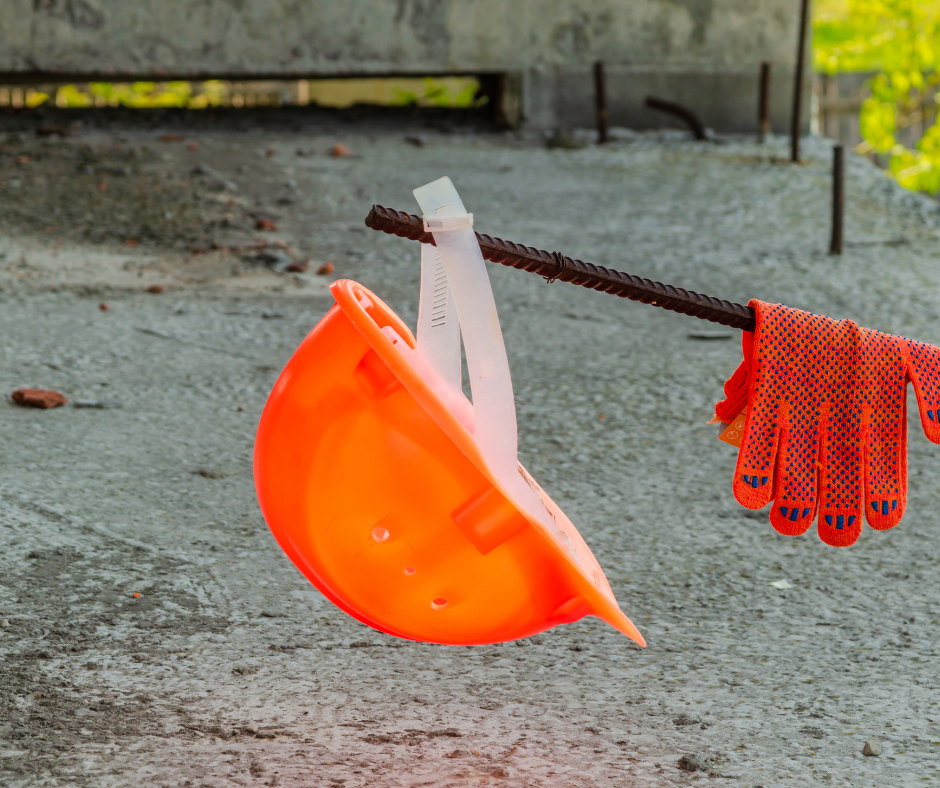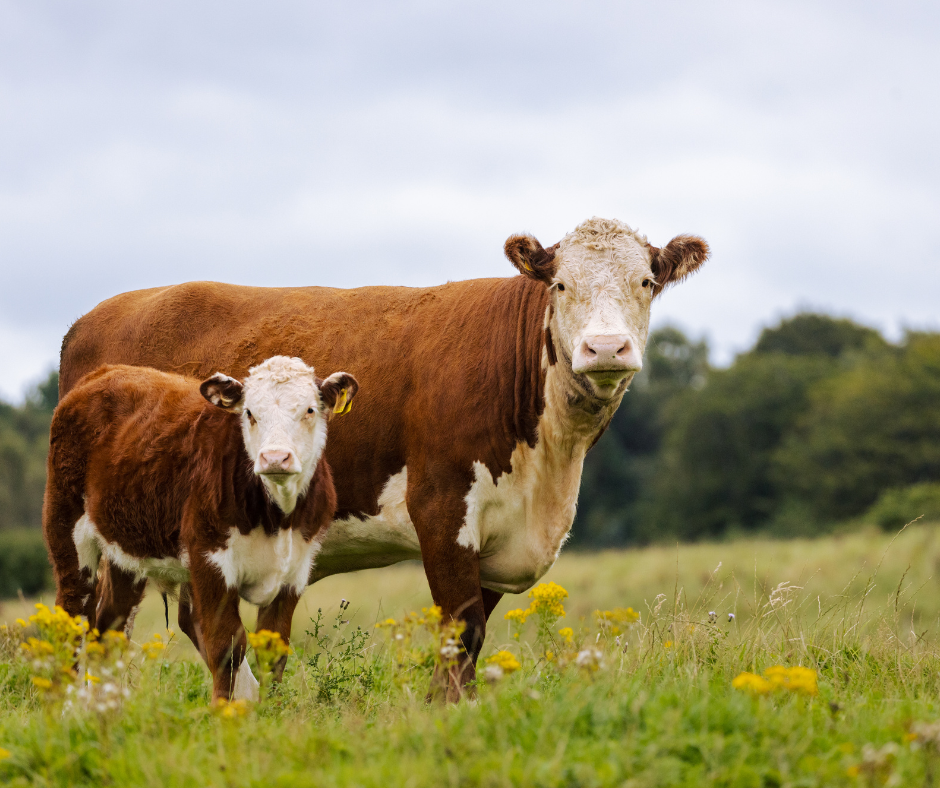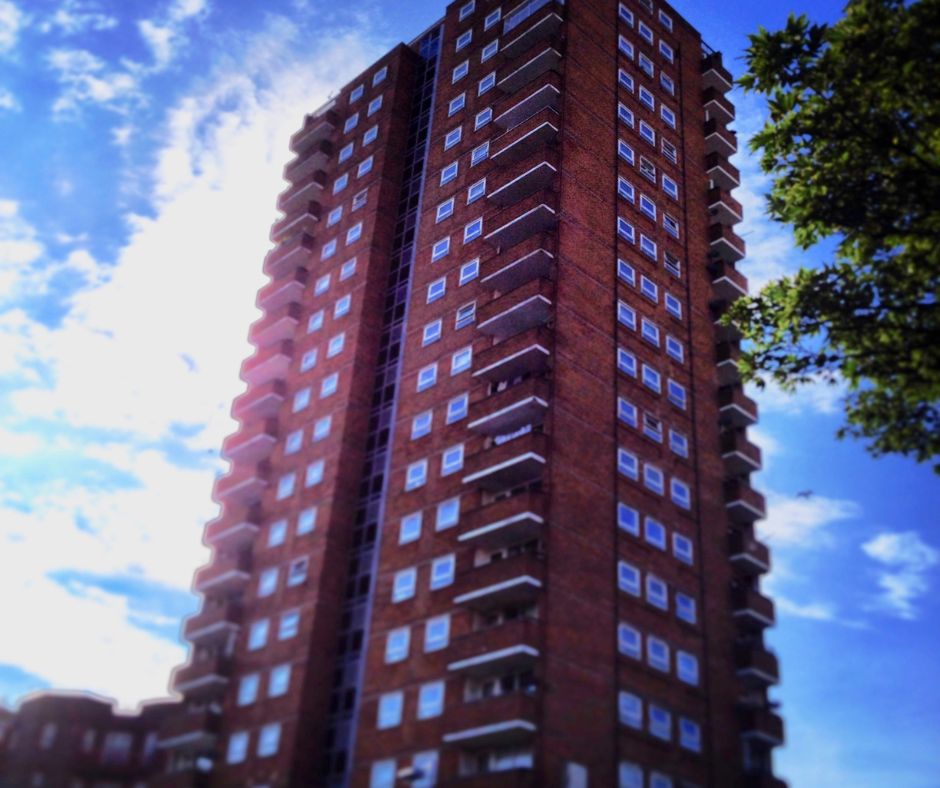The growth of lone working
 Lone working is growing – but so too are technology solutions aimed at protecting lone employees.
Lone working is growing – but so too are technology solutions aimed at protecting lone employees.
At Alpha Inclusion and Communication – a social enterprise supporting people with autism and Asperger’s syndrome – staff typically see the people they manage directly at their homes. Often, the neurodivergent needs of people they visit demand minimal numbers of people arriving, in order to avoid overwhelming them. It’s a situation that means these workers are, quite literally, ‘lone workers’ – people without a physical buddy to assist them should anything happen.
To mitigate these risks, the organisation has chosen a solution that growing numbers of employers are looking into – equipping staff with technology (in this case from provider Safepoint) to be their virtual ‘buddy’ in case they get into trouble.
Typically comprising an on-phone app or wearable device that lets staff schedule a lone working event (where an alarm can be set to trigger if the worker hasn’t ‘checked in’ to say they’ve completed it), most devices also feature a panic button, and some even have motion sensors detecting ‘man-down’ events, where an employee may not be conscious but needs immediate help.
Read more about lobe working tech solutions on the IOSH Magazine website.
Non-registered PPE providers failing BSIF tests
 The British Safety Industry Federation (BSIF) has issued a warning to those overseeing personal protective equipment (PPE) and safety product procurement after its latest tests on non-member products highlight the widespread availability of substandard and even dangerous items.
The British Safety Industry Federation (BSIF) has issued a warning to those overseeing personal protective equipment (PPE) and safety product procurement after its latest tests on non-member products highlight the widespread availability of substandard and even dangerous items.
Between December 2022 and December 2023, the BSIF examined 123 non-member products, assessing advertised performance, marking adequacy and compliance with standards. Shockingly, only 21% – 26 products – proved fully compliant, leaving a staggering 79%—97 products—falling short of testing criteria. Worryingly, many of these substandard products are still available and in use, posing serious risks to unsuspecting users.
Some examples of products from non-BSIF-registered members that failed testing include a Flame Retardant Parka, bought from an online retailer. During flame spread testing, the outer layer burnt through, exposing the inner layer, which then caught fire, resulting in the entire coat being consumed by flames. The garment also lacked correct documentation and markings in line with PPE Regulation requirements. A pair of safety boots from the same retailer failed toe cap compressions tests. They were also over ten years old and supplied with outdated certification, didn’t have the correct documentation and were not correctly marked.
Learn more on the HSM website.
Farmer fined after friends had to climb tree to escape cow attack
 A woman and her friend had to climb up a tree to escape an attack by more than a dozen cows on a public right of way in North Yorkshire.
A woman and her friend had to climb up a tree to escape an attack by more than a dozen cows on a public right of way in North Yorkshire.
Janicke Tvedt and David Hood had set out on a popular circular walk from Masham with pet Labrador Goose, who was on his lead, on 25 July 2021. Part of their walk took them across the fields and public rights of way near Shaws Farm.
After entering a field off Foxholme Lane, the pair noticed several cattle in a field the path cut across, including cows with calves, so decided to give them a wide berth, passing through a narrow opening in a hedge. However, as they did, they then spotted a lone cow with two calves, and within seconds their dog was attacked.
Although they all managed to get away, they were soon cornered by other cows and 57-year-old Ms Tvedt was knocked to the ground and trampled. She was helped up by her friend, but at a nearby tree they found themselves surrounded by around 15 cows and had to climb a tree to escape a further attack.
Ms Tvedt was airlifted to hospital suffering seven broken ribs, hoof marks on her chest and legs, a broken thumb, and life changing severe internal injuries that required emergency surgery. She remains severely restricted in her mobility almost three years on, but is keen to share her experience to help raise awareness of the dangers posed by cattle in fields with public rights of way.
For more on the incident, visit the SHP website.
BSR launches campaign for residents of high-rise buildings
 The new regulator is asking all those living in tall buildings in England to be aware of how new Building Safety laws affect them. These laws protect and empower people living in high-rise residential buildings (HRBs) to take part in safety decisions that affect them – as well as providing a clear process for reporting safety concerns. This is a major milestone in the journey towards safer high-rise living, placing residents’ rights front and centre.
The new regulator is asking all those living in tall buildings in England to be aware of how new Building Safety laws affect them. These laws protect and empower people living in high-rise residential buildings (HRBs) to take part in safety decisions that affect them – as well as providing a clear process for reporting safety concerns. This is a major milestone in the journey towards safer high-rise living, placing residents’ rights front and centre.
The Building Safety Act provides a framework for ensuring the safety of residents living in HRBs – these are buildings 18 meters or seven or more floors in height containing at least two residential units. They are defined as ‘higher-risk’ under the Act. Residents of these buildings are urged to find out more about how the new law affects them.
Every high-rise building is now required to have a Principal Accountable Person (PAP), ensuring that those responsible for managing the building’s safety can be held to account for fulfilling their legal obligations.
Visit the HSE website to read more.
To keep up to date with the latest health & safety news and advice, follow us on social media:
